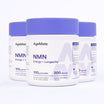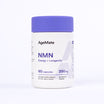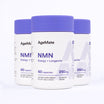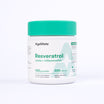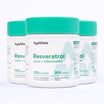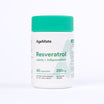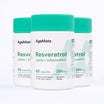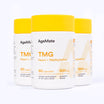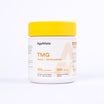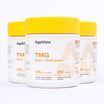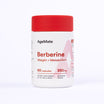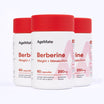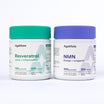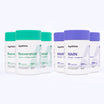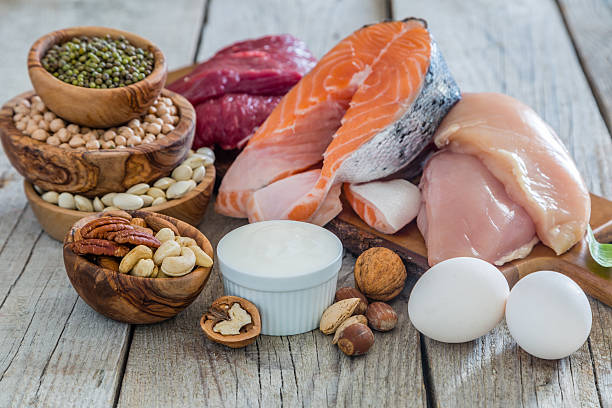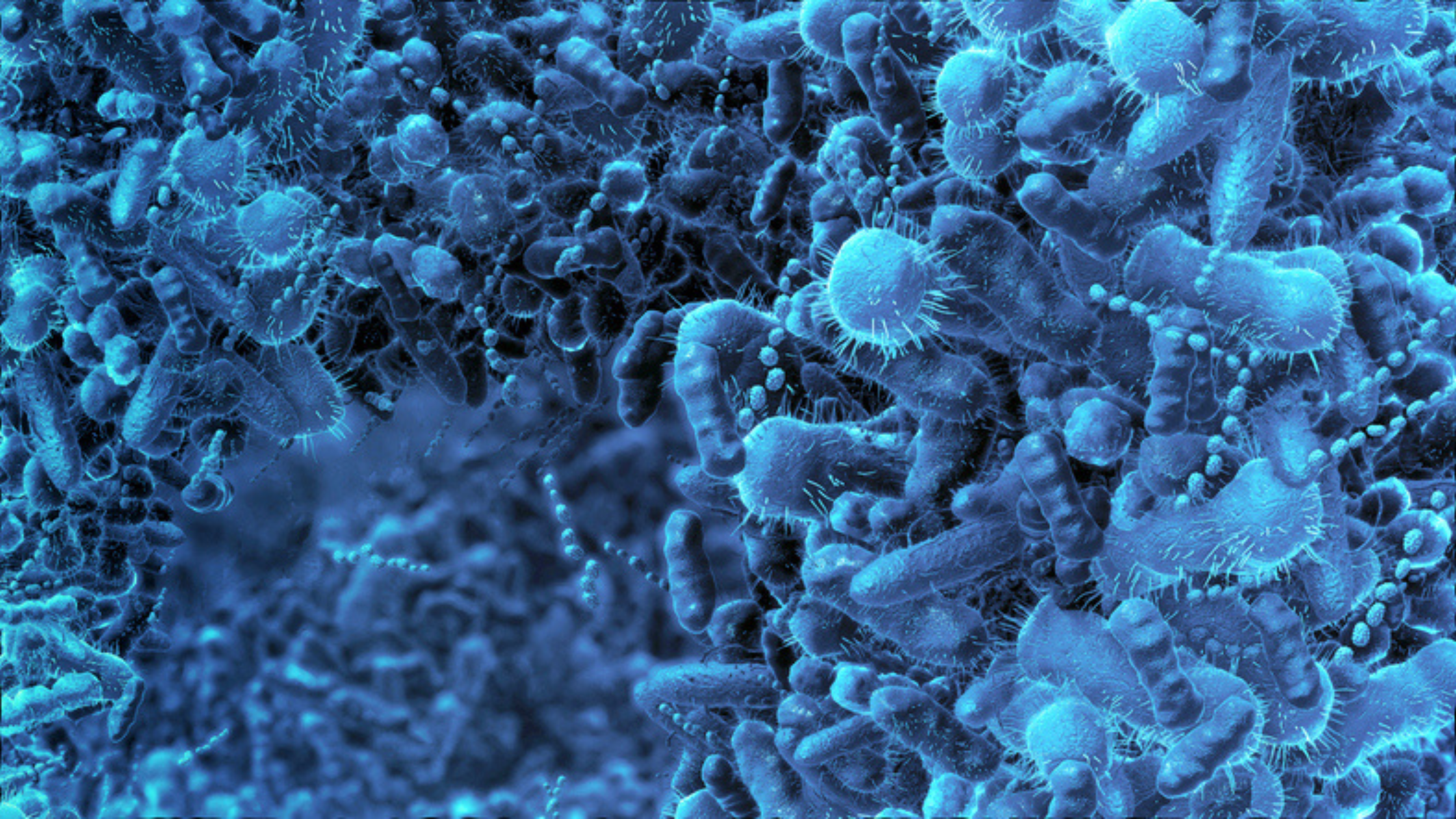Key Takeaways
- Protein is essential for maintaining muscle mass, supporting immune function, and slowing the effects of ageing, particularly sarcopenia (age-related muscle loss).
- Current studies suggest that older adults may need more protein than younger individuals to maintain health, with recommendations ranging from 1.2 to 2.0 grams per kilogram of body weight per day.
- Timing and quality of protein intake are critical, with high-quality protein sources and evenly distributed intake throughout the day being most effective for promoting longevity.
Did you know that after the age of 30, your body starts losing 3–8% of muscle mass every decade? This loss, called sarcopenia, is a major factor in ageing-related health decline.
Protein plays a crucial role in counteracting this process, supporting not just your muscles but also your immune system, metabolic health, and overall longevity. Emerging research shows that optimising your protein intake could help you live a longer, healthier life.
Why Protein is Vital for Longevity
Did you know? Protein does more than just build muscle—it helps your body fight infections, regulate hormones, and even maintain your skin’s elasticity. It’s a vital component for overall health and longevity.
The Role of Protein in Your Body
Protein is made up of amino acids, the building blocks of nearly every cell in your body. These amino acids are essential for:
Muscle Maintenance and Repair: Protein stimulates muscle protein synthesis (MPS), the process of rebuilding muscle tissue. This is critical for maintaining strength and mobility as you age (R).
Immune Function: Specific amino acids like glutamine and arginine support immune cell production and response, protecting against age-related infections (R).
Hormone Regulation: Proteins play a role in producing hormones like insulin, which are essential for metabolic health (R).
Collagen Formation: Collagen, a structural protein, helps maintain skin elasticity, joint health, and bone density, all declining with age (R).

How Much Protein Do You Need for Healthy Ageing?
Are you getting enough? The current RDA for protein might fall short for older adults looking to maintain strength and vitality. Let’s explore how much you really need.
Understanding Protein Requirements
Protein requirements vary based on factors like age, activity level, and health status. For older adults, several studies suggest that the Recommended Dietary Allowance (RDA) of 0.8 grams per kilogram of body weight per day is insufficient to prevent muscle loss and promote longevity (R).
Evidence-Based Recommendations:
For General Health:
Adults over 50 should aim for 1.2–1.6 grams of protein per kilogram of body weight per day to counteract muscle loss (R).
For Active Individuals:
Those engaging in resistance training or endurance activities may benefit from up to 2.0 grams per kilogram of body weight per day to support recovery and strength (R).
Timing Matters:
Distributing protein intake evenly across meals enhances muscle protein synthesis, with a target of 25–30 grams per meal being optimal for older adults (R).
The Science of Protein Quality
When it comes to protein, it’s not just about how much you eat but the type you consume. High-quality protein sources can make all the difference.
High-Quality Protein Sources
Not all proteins are created equal. High-quality proteins contain all nine essential amino acids, which your body cannot produce on its own. These proteins are crucial for muscle repair and metabolic health.
Best Sources of High-Quality Protein:
Animal-Based Proteins: Lean meats, eggs, dairy, fish, and poultry.
Plant-Based Proteins: Quinoa, soy, lentils, and chia seeds are complete proteins suitable for vegetarians and vegans.

The Importance of Leucine
Leucine, a branched-chain amino acid, plays a key role in activating muscle protein synthesis. Foods rich in leucine, such as whey protein, eggs, and fish, are particularly effective for preventing muscle decline in older adults (R).
How Sarcopenia Affects Longevity
Why is muscle so important? Sarcopenia doesn’t just weaken your muscles—it can affect your mobility, metabolism, and overall health. The good news? Protein can help turn things around.
Sarcopenia reduces physical function, increases the risk of falls, and contributes to metabolic disorders. Studies show that higher protein intake can slow or even reverse sarcopenia (R).
Protein’s Role in Muscle Protein Synthesis: Protein consumption directly stimulates MPS, which counters the natural breakdown of muscle tissue that occurs with ageing (R).
Exercise Synergy: Resistance training combined with adequate protein intake amplifies the benefits, increasing muscle mass and functional strength (R).

Beyond Muscle: Protein’s Role in Other Aspects of Longevity
Protein influences everything from immune health to your metabolism and even cognitive function. Let’s dive into how this macronutrient supports a longer, healthier life.
Immune Health
Ageing weakens the immune system, but protein can help maintain its function. Amino acids such as glutamine fuel immune cells, while arginine supports wound healing and infection resistance (R).
Metabolic Health
Protein increases satiety and boosts metabolism, reducing the risk of obesity, type 2 diabetes, and metabolic syndrome—all of which impact longevity. High-protein diets are associated with improved insulin sensitivity and lipid profiles in older adults (R).
Cognitive Health
Emerging evidence links adequate protein intake to better cognitive function. Amino acids are precursors for neurotransmitters like dopamine and serotonin, which regulate mood and memory (R).
Practical Tips for Meeting Protein Needs
Struggling to hit your protein goals? Here are some simple, actionable tips to help you make protein a regular part of your diet.
Plan Protein-Rich Meals: Include a source of high-quality protein at every meal.
Incorporate Protein Snacks: Examples include Greek yoghurt, boiled eggs, or a handful of almonds.
Consider Protein Supplements: Whey protein or plant-based powders can help meet higher protein needs, especially for active individuals or those with reduced appetites.
Myths About Protein and Ageing
Worried about eating too much protein? Let’s debunk common myths and set the record straight on how protein fits into a healthy ageing plan.
Does Too Much Protein Harm Your Kidneys?
The concern that high-protein diets damage kidneys is largely unfounded in healthy individuals. Studies show that protein intake well above the RDA is safe for older adults without pre-existing kidney disease (R).
Is Plant Protein Inferior?
While plant proteins are sometimes lower in essential amino acids, combining different plant-based sources (e.g., rice and beans) can provide a complete amino acid profile suitable for supporting longevity (R).
Prioritise Protein for a Longer Life
Protein isn’t just for bodybuilders—it’s a cornerstone of healthy ageing. You can maintain muscle mass, support immune health, and protect against age-related decline by prioritising high-quality protein sources and meeting your daily requirements. To dive deeper into optimising your nutrition for longevity, read our next blog: The Best Foods For Longevity.



